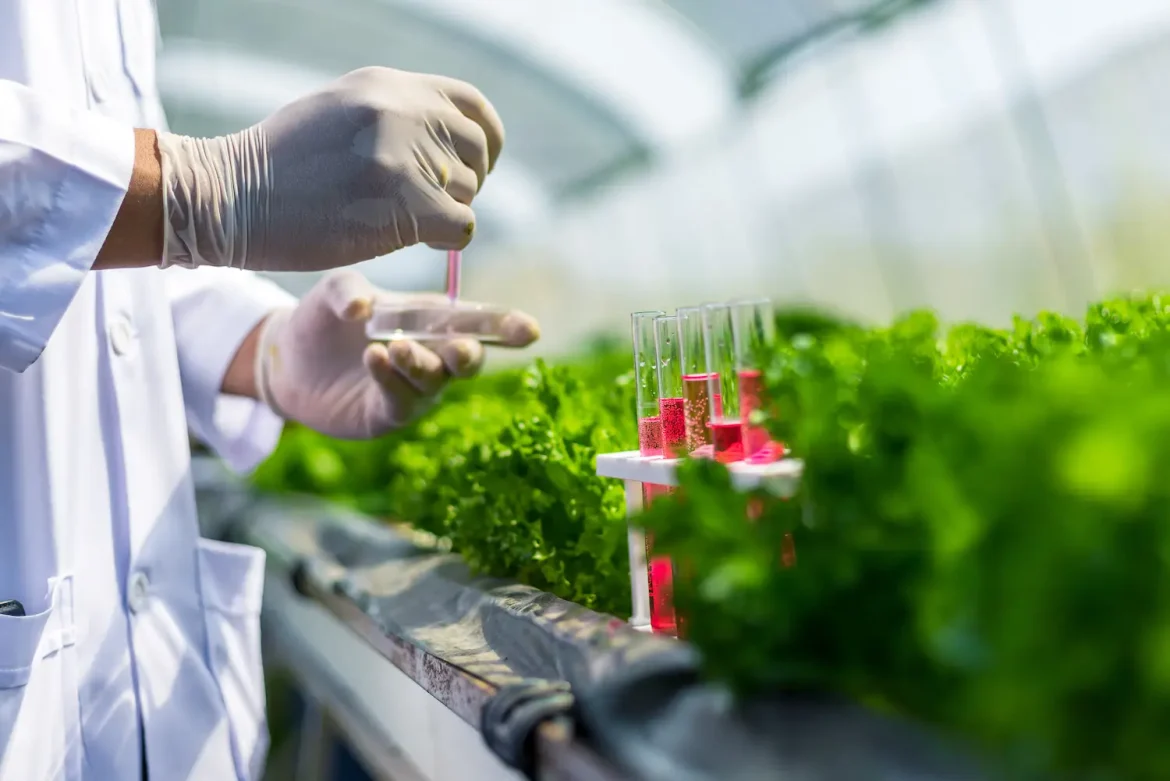Sustainable farming has become a priority in Australia as researchers explore ways to improve crop productivity while reducing environmental impacts. Agricultural scientists are developing techniques that enhance soil health, optimise water use, and support biodiversity, all of which contribute to long-term resilience in food production. These innovations combine traditional knowledge with modern technology to address both economic and ecological concerns.
Advertisement
Soil management is a key area of research. Scientists are investigating cover cropping, crop rotation, and organic amendments to maintain fertility and prevent erosion. Healthy soils improve crop yields and reduce the need for chemical inputs, which benefits both farmers and the surrounding environment. Field trials and long-term monitoring help identify the most effective strategies for different regions and soil types.
Water efficiency is another focus, particularly in regions prone to drought. Researchers are testing irrigation systems that deliver precise amounts of water to crops while minimising waste. Advances in sensors and data analysis allow farmers to track soil moisture, weather patterns, and crop needs in real time. This approach helps conserve water resources while maintaining productivity under variable climate conditions.

